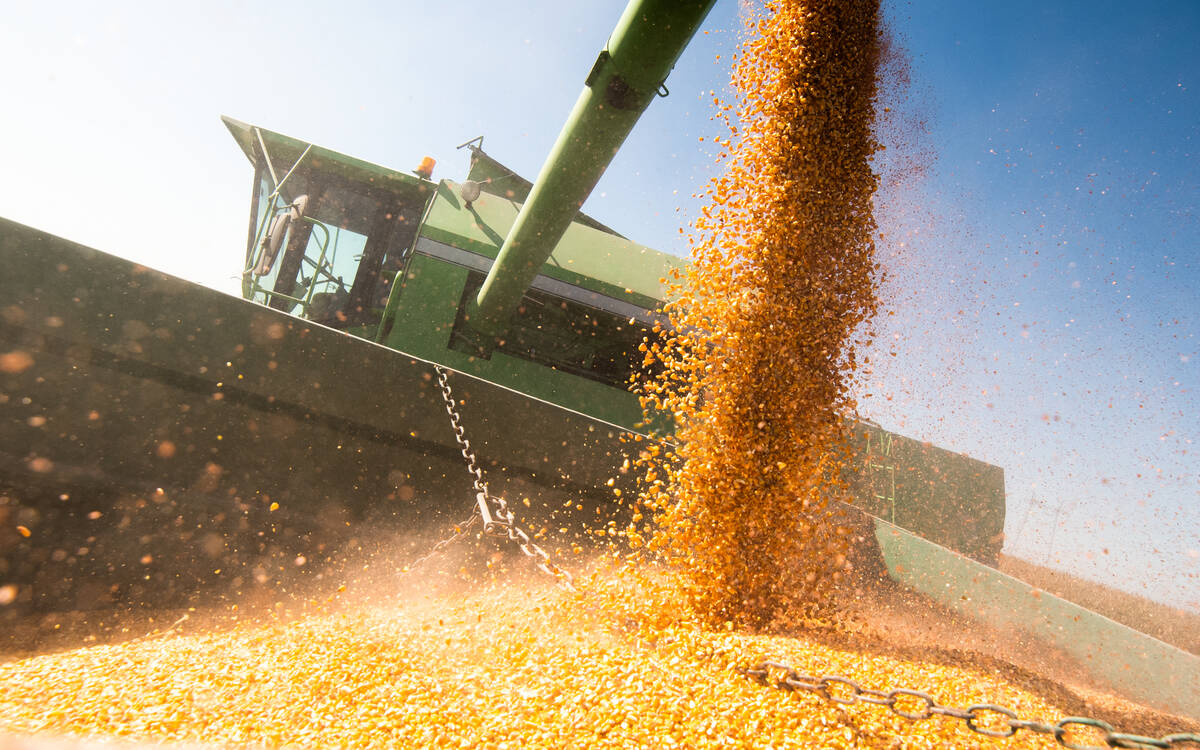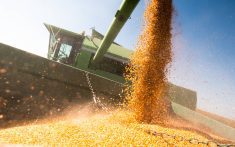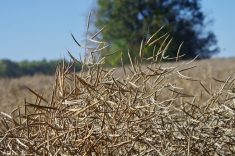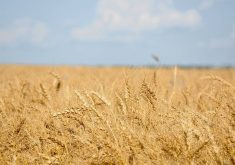Ontario’s plan to ease its way toward mandatory minimum biodiesel content of four per cent in regular diesel is underway, starting with a two per cent mandate as of April 1.
As announced Thursday, and running until the end of 2015, all fuel suppliers will be required to ensure the diesel they place in the Ontario market includes an average adjusted volume of two per cent “bio-based” diesel.
The mandatory percentage is to rise to three per cent biofuel on Jan. 1, 2016, then to four per cent starting Jan. 1, 2017.
Read Also

Feed Grain Weekly: Corn affecting barley prices in Lethbridge
Corn imports entering Lethbridge have lowered prices for feed barley compared to those in Edmonton.
The province noted the new regulation “delays the full implementation by one year” from what it had previously proposed, and adds the intermediary phase “to provide more time for investments in infrastructure.”
For the purpose of the new regulation, bio-based diesel is defined as renewable biofuel made from feedstocks such as soy and/or canola oils, animal fats and/or recycled cooking oils. What it calls “greener” diesel can be used in cars, trucks, boats and other types of diesel engines “without modification,” the province said Thursday.
The first phase of the new regulation also sets a lower initial bar in its performance requirements for greenhouse gas reduction in the biofuel portion of the new blend, at 30 per cent this year. The regulation then adds an “intermediary” phase with a 50 per cent performance requirement, and in its final phase, by 2017, the regulation calls for a 70 per cent performance requirement.
“By 2017, Ontario’s greener diesel approach is expected to reduce greenhouse gas emissions by about 600,000 tonnes a year — equivalent to taking 140,000 cars off the road,” the province said Thursday.
Home heating oils and aviation fuel are exempt from the new requirements, the province said. Until 2017, northern Ontario will also be exempt from the new rules.
The province said it expects its “greener” diesel mandate to also encourage investment at fuel terminals in Ontario, and to help expand market opportunities for “agricultural-based” feedstocks.
More specifically, Henry Van Ankum, chairman of Grain Farmers of Ontario, expects it “will help build a market for made-in-Ontario soy biodiesel.”
Local fuel made from soybeans, he said in a separate release Thursday, “reduces greenhouse gas emission in vehicles up to 85 per cent and the mandate will provide a potential market for 680,000 tonnes of soybeans.”
The GFO, he said, is “pleased we could work with our partners at the Ontario government and the Canadian Renewable Fuels Association to initiate this Greener Diesel mandate and grow this market for our Ontario farmers.” — AGCanada.com Network














